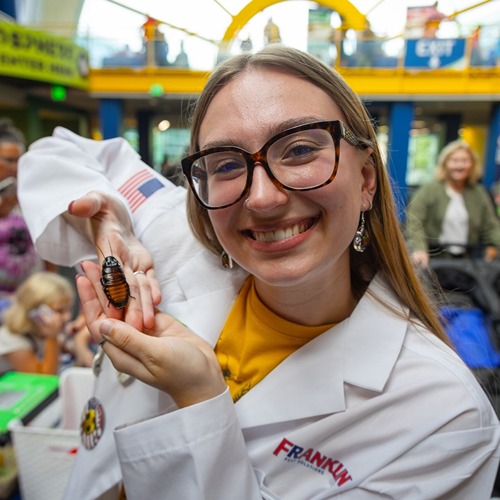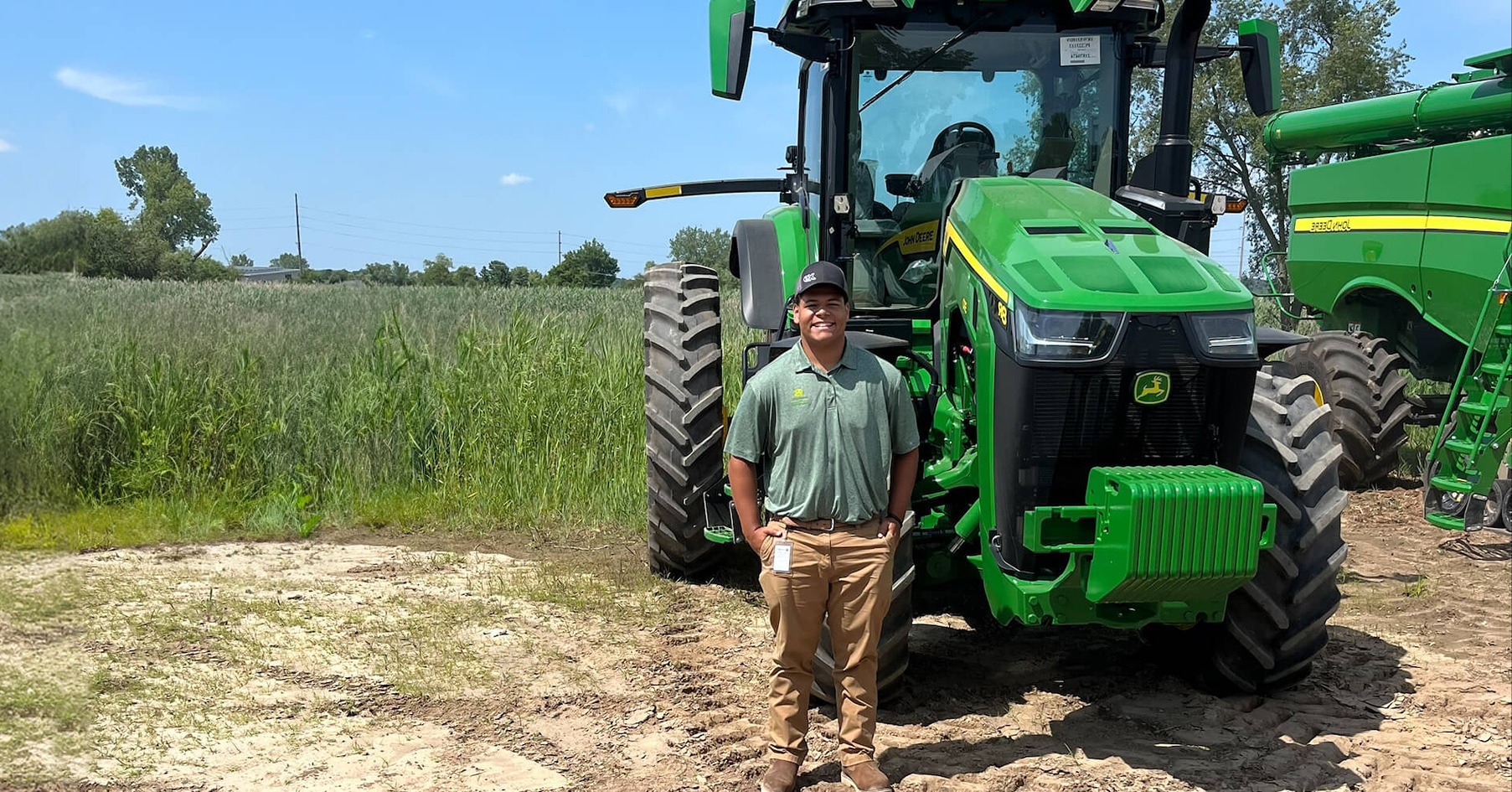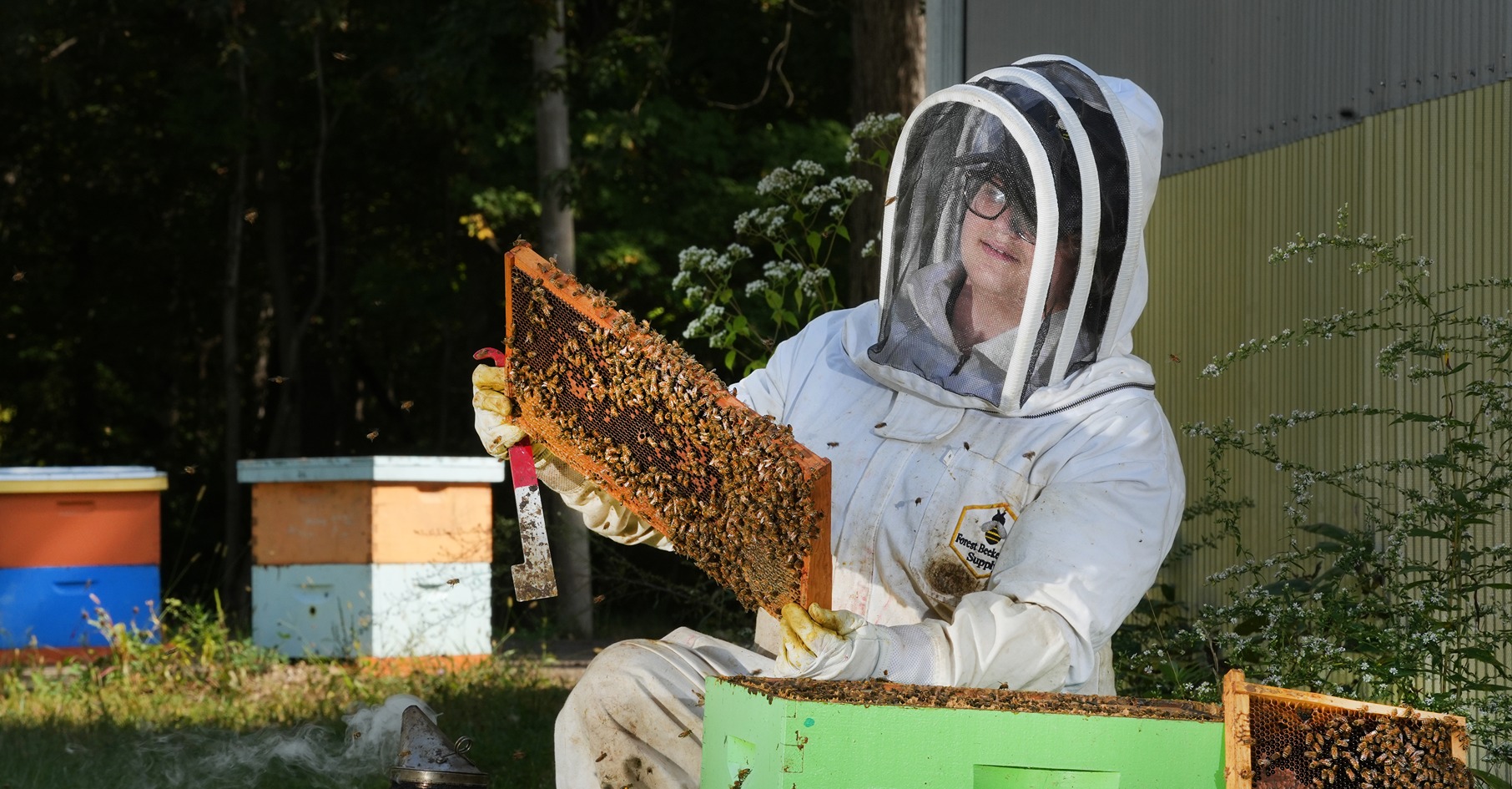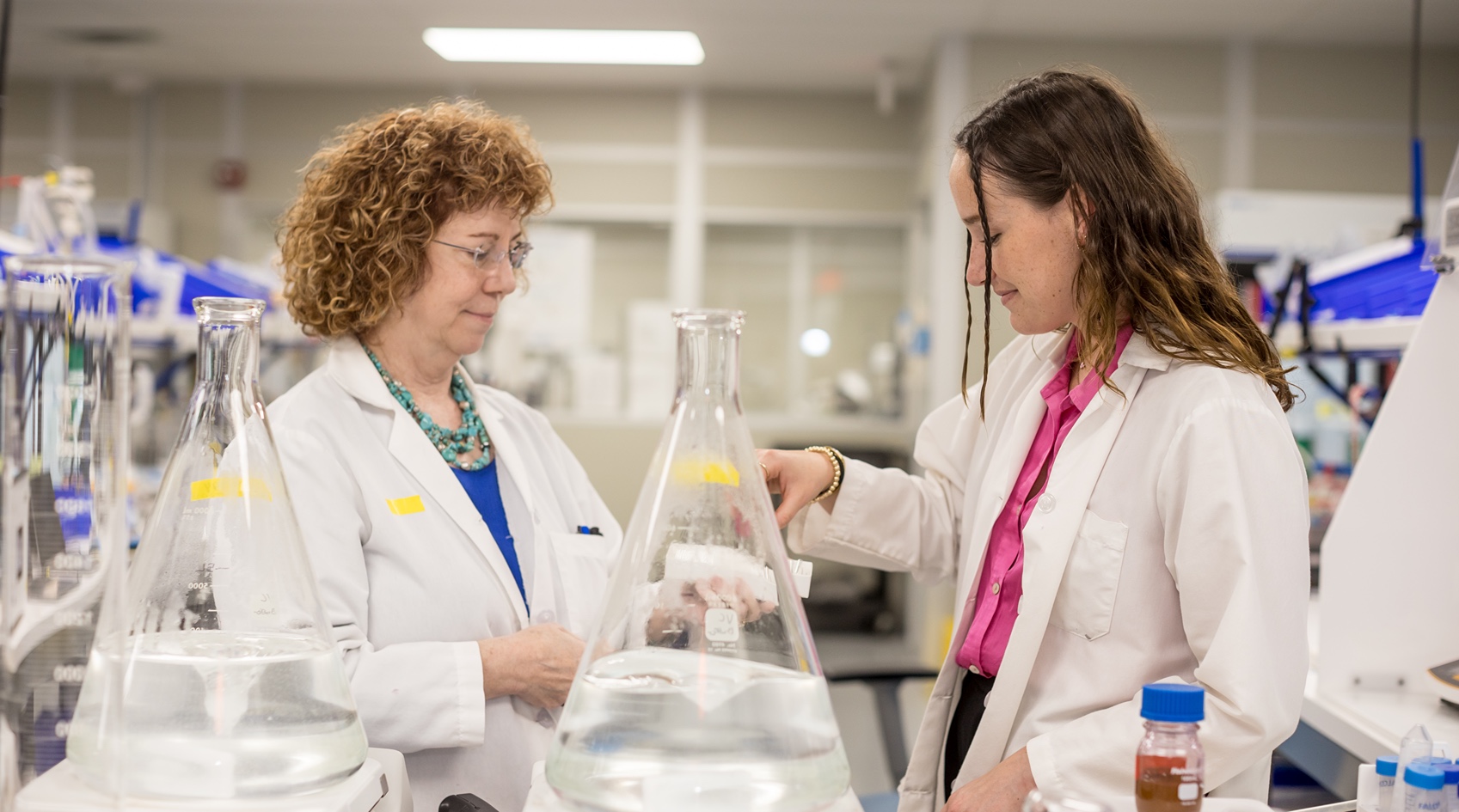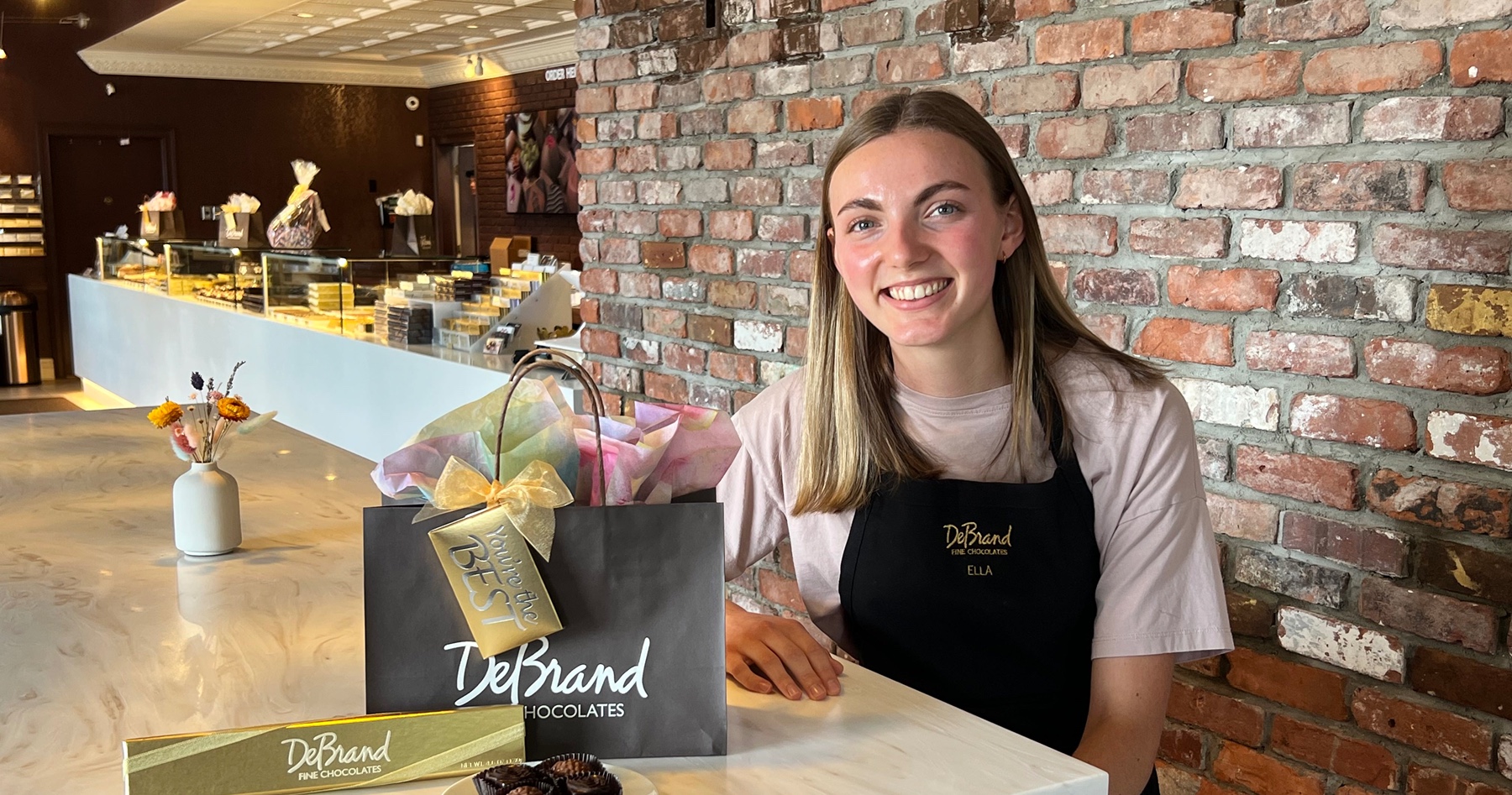Cultivating the Future: Dev Patel, Disha Lalit and Makinzie France

From lunch outings to database building to market pricing
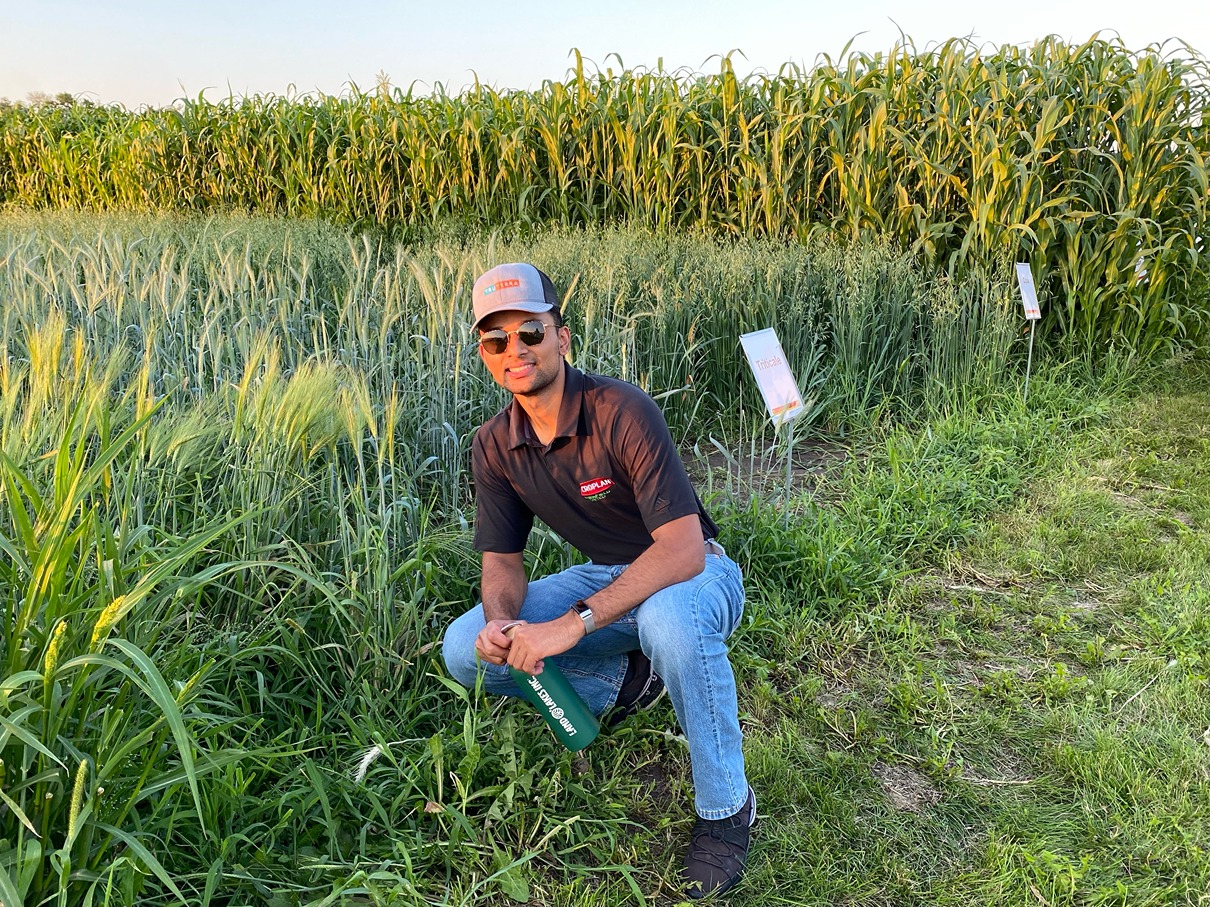 Dev Patel
Dev Patel 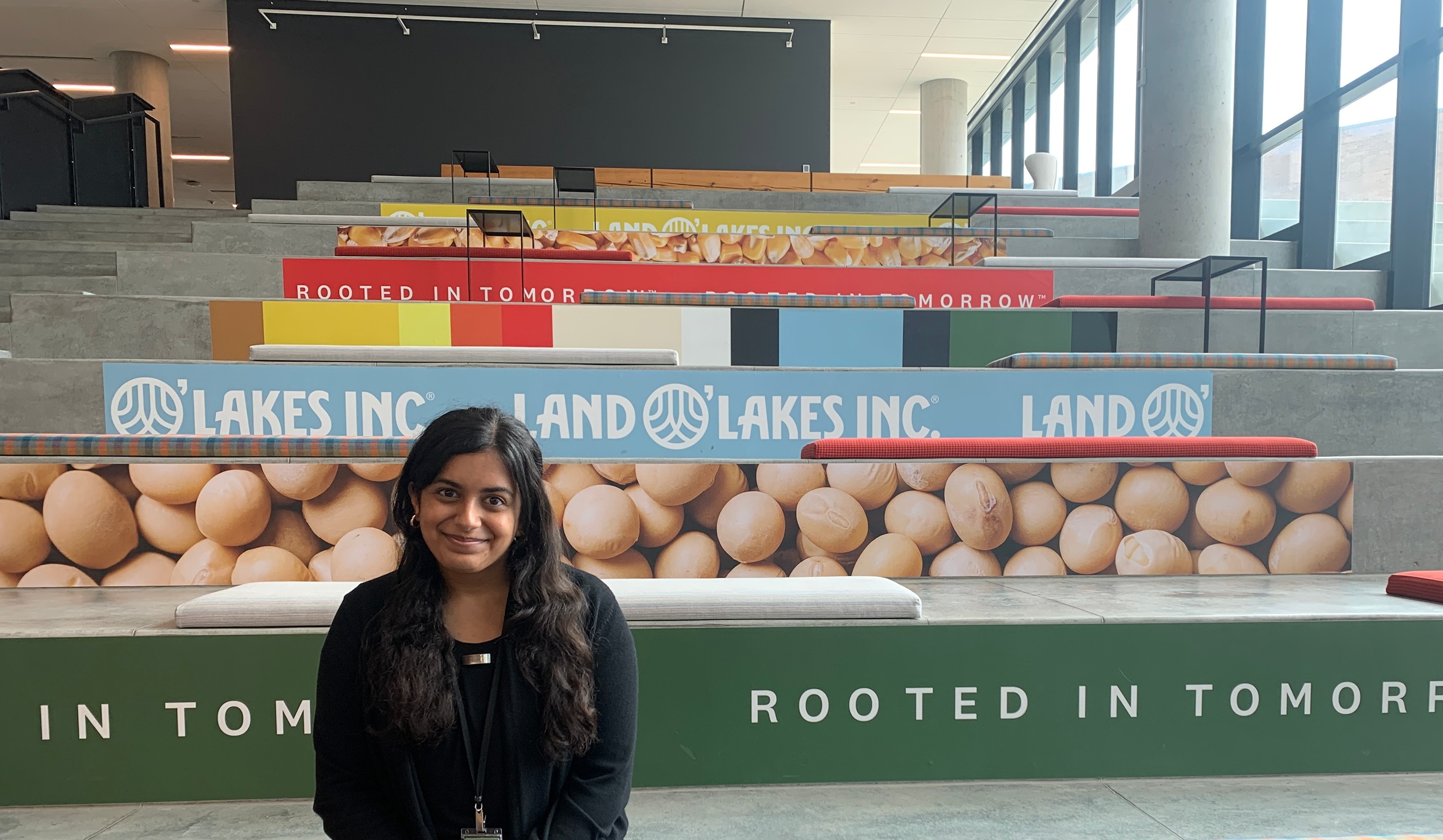 Disha Lalit
Disha Lalit 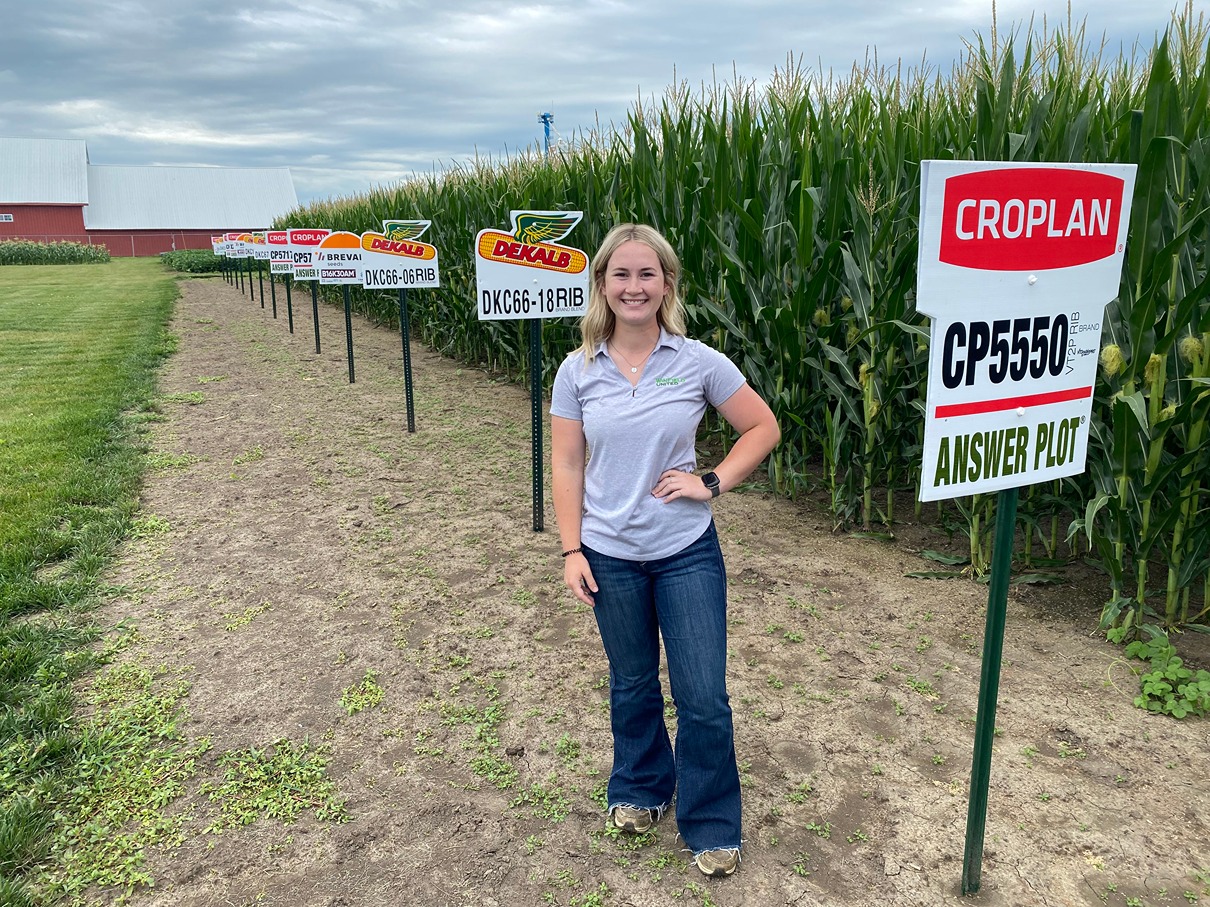 Makinzie France
Makinzie France With three different majors and three different career paths in mind, Dev Patel, Disha Lalit and Makinzie France each found summer internship opportunities through Land O’Lakes, Inc., mutually finding their experiences enlightening and empowering. As they make their way back to Purdue’s campus for the fall semester, the three are returning with clear visions for their futures in agriculture and a new network of career connections.
What is your major, what is your internship role and where have you been working from this summer?
Patel: I am a senior studying agricultural and biological engineering, and this summer I worked for Land O’Lakes as a crop protection marketing analyst intern. I am based in Minneapolis at Land O’Lakes’ headquarters as a returning intern.
Lalit: I am a junior studying agricultural and biological engineering. I am working at Land O’Lakes headquarters as a supply chain intern.
France: I am a senior studying agricultural economics and agronomy. I am a sales intern for Winfield United, whose parent company is Land O’Lakes. I am based in Lafayette and am responsible for two territories in the state, and their ranges are from Lafayette to Vincennes and Crawfordsville to the western state line.
What has this internship looked like for you in terms of projects?
Patel: This summer I've been focused on leveraging large amounts of data to provide valuable insights for the profit and loss owners to streamline product pricing and help the sales team increase their effectiveness in the field. Although people often associate marketing with creating ads and brands, our team is dedicated to developing data-driven tools that benefit leaders across various business functions, with a purpose-driven outcome to help farmers more effectively manage their operations.
As a retail-owned co-op, Land O'Lakes acts as the conduit for chemical manufacturers like BASF and Syngenta to sell their products to growers through the retail channel. With thousands of products in our portfolio, managing price becomes a critical process in meeting the growers' needs through retail products and services. My role primarily involves sourcing data from internal and external partners, then utilizing it to present critical stories to the business leaders who make pricing decisions.
Lalit: I have spent the majority of my summer developing a SharePoint database for international feed regulations. I had the opportunity to see the process of feed being exported out of the United States. I had no experience with this prior to this summer, but my experience of learning through my major played a significant role in it all from a microbiology standpoint. It takes a lot of being able to read through documentation, understand the terms being used, and then take that information and make it comprehensible for someone else, so I was more prepared for this than I thought I was.
France: Majority of my time is spent out on the road driving to meet with our local cooperatives to doing product demonstrations on adjuvants, which is something you mix into your tank when spraying pesticides to help them adhere to the plants better.
Another project I’ve been helping with is growth staging crops in the fields so that growers can know when to apply products, specifically fungicide. This is a product that is typically applied during tasseling, or pollination, which is when the corn is most susceptible to disease.
What has been your favorite part of interning with Land O’Lakes so far?
Patel: One of the most fascinating aspects of interning at Land O'Lakes has been discovering the breadth of the agriculture industry the company touches. From crop inputs and animal feed to dairy and sustainable agriculture, these four main business units serve a diverse range of members. It's surprising that many people only think of Land O’Lakes as the "butter" company when we are actively involved in so many other areas of agriculture. It has been lots of fun to learn more about it.
Lalit: I’ve really had my eyes opened to what career possibilities wait for me when I graduate. When I came to Purdue, I was really inspired by the COVID-19 pandemic and thought I would work on vaccines, and I sort of had tunnel vision on that. But now I can see how versatile my degree really is, and it’s given me a lot to think about for my future.
France: Everyone at Winfield is really knowledgeable, and everyone I interacted with really took the time to teach me what they know. I was given a company vehicle this summer and had the freedom to take clients to lunches, get to know them and build some great relationships that I know I’ll keep with me even after my internship is over. I hadn’t had an experience like this before, where I felt like they all really wanted to see me succeed in everything I was doing, and that was such a good feeling.
What do you feel like you’ve gained from your experience this summer?
Patel: During my previous internship at Land O'Lakes, I gained some exposure to each of the four business units. However, this summer, I delved deep into marketing in the crop inputs division. As an engineer by training, this presented a challenge that I thoroughly enjoyed. In engineering, you're taught to have unwavering confidence in your designs, but in the business world, sometimes quick decisions often need to be made with 80 percent confidence as the additional time to reach that unwavering confidence may not be possible. I had to learn to be more decisive and say, "this is good enough to make a strong strategic decision."
Lalit: I have gotten a really holistic view of how our food and the feed industry works, but one of the biggest things I have realized from this internship is how there are so many more jobs than you could ever imagine apply to what you’re majoring in. There are so many other forms of engineering, which a lot of them play a major role in the agricultural industry, than I ever could have realized. Sometimes it’s hard to imagine yourself in a role as anything other than what your major stamps you as, but really that major is unlocking so many new doors for you.
France: I’m an extrovert at heart, so getting to know so many people and so many aspects of the agricultural industry this summer has really just left me feeling so fulfilled I could burst. Because of my diverse experience from internships, I am still sort of figuring out what exactly I want to do after my time at Purdue comes to an end, but my experience this summer has shown me that I could have a good future in agricultural sales.

